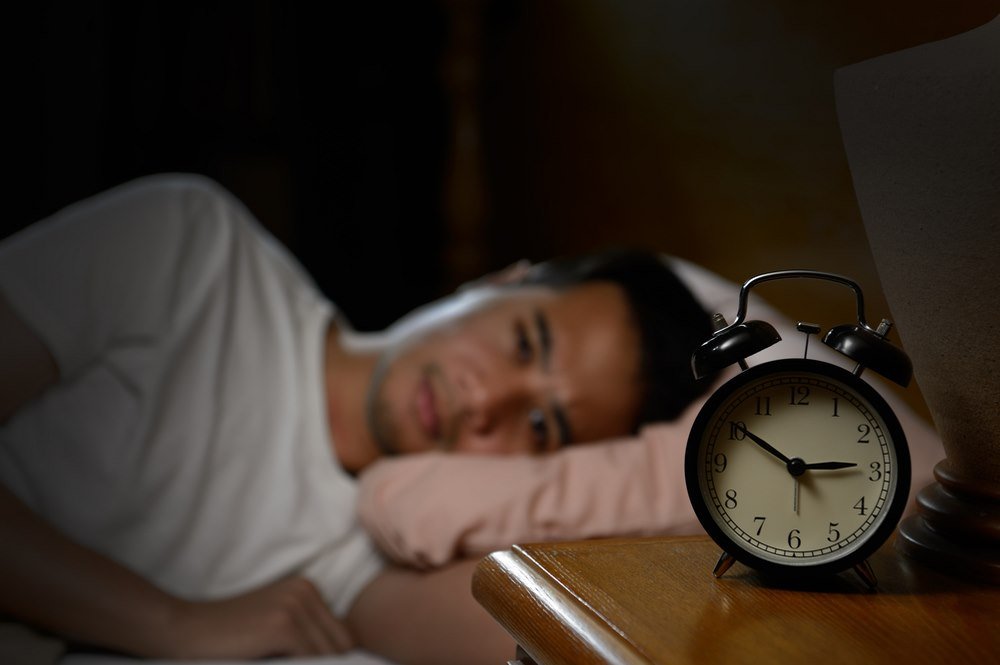Sleep Disorders

A study concludes that about 66-76% of tinnitus suffer also face sleep disturbances. The phantom noise is amplified in the absence of background noise, for example, in the quiet settings of bedtime. This noise can seriously disturb sleep in multiple ways. Sufferers complain of inability to go to sleep, discontinuous sleep with episodes of wakefulness in between, and altogether disturbance of the sleep-wake cycle. An examination of brain waves indicates that tinnitus cause the patients to stay in the shallow sleep phase, and prevents deep, resting sleep. Unable to rest properly, these patients are prone to develop other problems related to mood, and concentration. [3]
